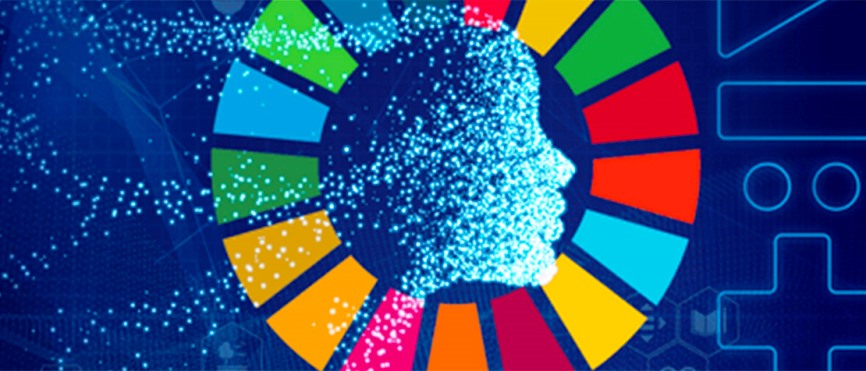The creation and development of artificial intelligence (AI) serve multiple purposes and goals, and the motivations can vary depending on the perspective of the individuals, organizations, or societies involved.
RELATED: The Artificial intelligence: Preparing for the Revolution
Here are some of the key points and objectives behind the creation of AI:
- Problem Solving:AI is designed to solve complex problems that are difficult or impossible for humans to tackle efficiently. This includes tasks like data analysis, pattern recognition, optimization, and decision-making across various domains, from healthcare to finance to manufacturing.
- Automation:AI can automate repetitive, mundane, and labor-intensive tasks, leading to increased efficiency and cost savings in various industries. This allows humans to focus on more creative and value-added activities.
- Augmentation:AI can enhance human capabilities by providing tools and systems that complement our skills. For example, in healthcare, AI can assist doctors in diagnosing diseases, and in education, it can provide personalized learning experiences for students.
- Scientific Discovery:AI is used in scientific research to analyze vast datasets, simulate complex systems, and discover patterns or insights that may not be apparent through traditional methods.
- Economic Benefits:AI has the potential to drive economic growth by creating new industries, products, and services. It can also increase productivity and competitiveness in existing industries.
- Improving Efficiency and Accuracy:AI systems can perform tasks with a high degree of accuracy and consistency, reducing errors and improving the quality of outputs.
- Personalization:AI can tailor products and services to individual preferences and behaviors, providing more personalized experiences for users, such as personalized content recommendations or product recommendations.
- Enhancing User Experience:In areas like user interfaces and natural language processing, AI can improve how humans interact with technology, making it more intuitive and user-friendly.
- Exploration and Space:AI plays a crucial role in space exploration by autonomously controlling rovers, spacecraft, and satellites, enabling scientific research beyond Earth.
- Ethical and Social Goals:Some AI research aims to address ethical and social challenges, such as bias and fairness in AI algorithms, privacy concerns, and ensuring that AI benefits all of society.
- Security:AI is used in cybersecurity to detect and respond to threats in real-time, helping protect critical infrastructure and sensitive data.
- Environmental Conservation:AI can be employed to monitor and manage natural resources, predict environmental changes, and develop sustainable practices.
- Healthcare Advancements:AI is used in healthcare for tasks like drug discovery, medical imaging analysis, and patient care, with the goal of improving medical outcomes and reducing healthcare costs.
It’s important to note that the goals and motivations behind AI development can vary significantly, and they are often shaped by the values and priorities of the individuals, organizations, or governments involved. As AI technology continues to advance, ongoing discussions about ethics, regulation, and the societal impact of AI are critical to ensure that AI serves the broader interests of humanity while minimizing potential risks.
Noor Dad Chaudhary | Blogger | Content Writer | Legal Drafter | Freelancer





























